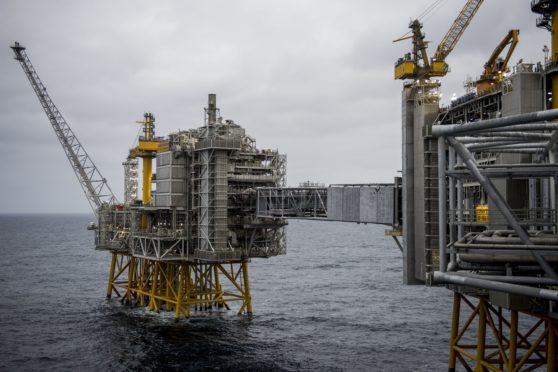Oil prices steadied on Tuesday after a sharp fall in the previous session as investors worried about the rapid spread of the Omicron coronavirus variant and the impact of renewed restrictions on fuel demand.
Brent crude was down 8 cents, or 0.1%, at $71.44 a barrel by 0903 GMT, while U.S. West Texas Intermediate (WTI) crude rose 5 cents, or 0.1%, to $68.66 a barrel.
Both contracts rose almost $1 earlier in the session.
“This is a pragmatic market that wants to be bullish but knows relief rallies, like the one this morning, will not last,” said Tamas Varga, oil analyst at London brokerage PVM Oil Associates.
“The upside is likely to be limited and more restrictions will be greeted with renewed selling,” he added.
New Zealand delayed the planned reopening of its international border because of the sweeping spread of Omicron around the world on Tuesday, as several other countries reimposed social distancing measures.
Many nations are on high alert just days ahead of Christmas and New Year celebrations, with Omicron infections multiplying rapidly across Europe, the United States and Asia, including in Japan where a single cluster at a military base has grown to at least 180 cases.
Still, Moderna Inc (MRNA.O) said on Monday that a booster dose of its COVID-19 vaccine appeared to be protective against the fast-spreading Omicron variant in laboratory testing, providing some hope to investors.
On the supply front, OPEC+ compliance with oil production cuts rose to 117% in November from 116% a month earlier, two sources from the group told Reuters, indicating production levels remain well below agreed targets.
In the United States, crude oil inventories were expected to have fallen for a fourth consecutive week, while distillate and gasoline stockpiles likely rose last week, a preliminary Reuters poll showed on Monday.
The poll was conducted ahead of reports from the American Petroleum Institute, an industry group, due on Tuesday, and the EIA, the statistical arm of the U.S. Department of Energy, due on Wednesday.







